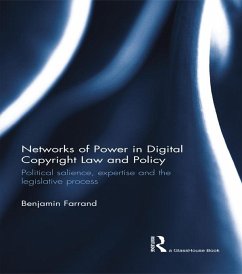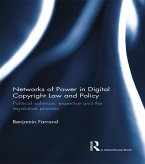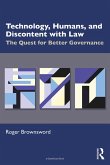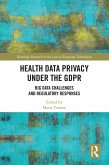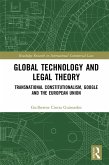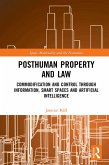Networks of Power in Digital Copyright Law and Policy considers the challenge of creating a harmonised international market for digital services. Pursuing an interdisciplinary perspective on the question of how copyright law remains restrictive, the book addresses the role of industry representatives, collecting societies and legislative/executive bodies in the development of contemporary digital copyright law. Focusing on the European Union, Benjamin Farrand argues that the harmonisation of copyright law is largely defined by the power relationships between legislative/executive bodies and industry representatives.
Dieser Download kann aus rechtlichen Gründen nur mit Rechnungsadresse in A, B, BG, CY, CZ, D, DK, EW, E, FIN, F, GR, HR, H, IRL, I, LT, L, LR, M, NL, PL, P, R, S, SLO, SK ausgeliefert werden.

